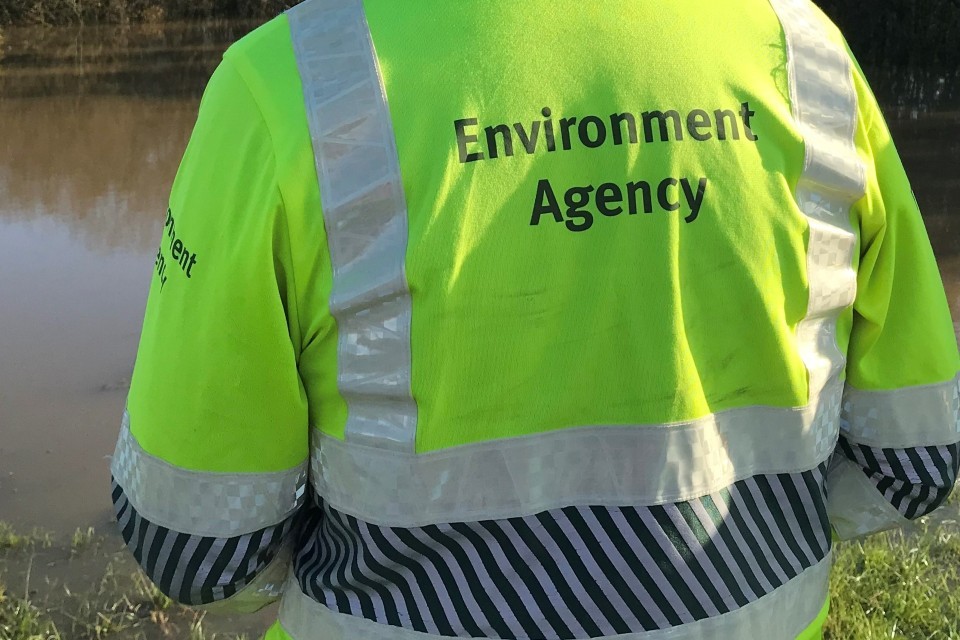— Two of the U.K.’s most prolific green fashion advocates, Christopher Raeburn and Amy Powney, shared their respective approaches to reducing fashion’s environmental impact on Thursday alongside Saudi Fashion Commission’s chief executive officer, Burak Cakmak, during a SXSW panel discussion with WWD at the Sadu House in East London.
Raeburn, who is now the global creative director of Napapijri, started his namesake label 15 years ago by repurposing military parachutes and other existing materials into fashion pieces.
Since then, he has been an active voice in the circular economy and trailblazed the concept of “remade in England.” He has worked with more than 20 major brands such as Moncler, Umbro, Puma, Disney and Timberland, where he served as creative director between 2018 and 2022.
The designer observed that the fashion industry has gone through stages when it comes to understanding what sustainability means to them. When he started, it was about bold concepts, and having those fresh ideas heard on the runway of London Fashion Week.
Then it was about educating the customers about what words like upcycling, recycling and downstream mean, and now brands are finally making pledges, taking actions, and owning up to what they need to do to save the planet.
“We are more aware than ever before, in tandem with a lot of the things that have happened the last three or four years, global instability, wars, cost of living, crisis, etc. My job, as a designer, still is to provide the best possible product that I can. I need to do a lot of work up front, but it’s not to get on the soap box and say you need to buy this just because it’s sustainable or responsible,” Raeburn said.
Powney made a name for herself in London in her previous post as creative director of the British label Mother of Pearl. She introduced regenerative, organic and recycled cottons; certified merino wool, and fabrics made from Tencel’s cellulose-based fibers for the chic, low-key collection of suits, separates and knits.
She is now embarking on a new journey with Akyn, a new contemporary clothing line that fuses “ethics and aesthetics,” and is aimed at creating fashion that has a positive impact on nature and community.
“We are working on the two different ends of sustainability, trying to do the right thing. He is taking things in existence and reusing them. I’m trying to cultivate natural fibers in regenerative practices. Since we are working with the extraction of raw materials, I want to explore what the best way is to do that,” Powney said.
Her ultimate vision with Akyn is to manufacture products in a way that is “so renewable and regenerative that the factory is not touching the mother earth in a negative way,” while improving communities, farmers and soil health along the way.

Cakmak, who was conscripted in 2021 to spearhead the development of the homegrown fashion sector, said the nation is supporting sustainable growth beyond individual brand ownership, and looking at the holistic picture in creating the fashion ecosystem in a country that has no formal infrastructure.
“One of the challenges individual designers and brands are facing is that there was no facility in the country, and everything was being made outside. So we built the first ever state-of-the-art sampling studio in Riyadh that’s serving all of the designers’ needs, and intentionally, we only selected sustainable materials in the textile library,” he said.
At the same time, the Saudi Fashion Commission is partnering with Kering’s K Generation Award to identify innovative solutions in the fashion value chain, from technical solutions in manufacturing to new materials developments.
“We look at every element, from education to infrastructure, incentives, policies, and how to create all these elements in the right way so that we have minimal, reduced impact and potentially create new solutions that are innovation-driven,” he added.
On the stage, Cakmak also shared a large-scale textile recycling scheme that remains largely unreported outside of Saudi Arabia.
During the annual Hajj, millions of single-use Ihram, a white towel one wears during the pilgrimage, were sold to those who visit Mecca. As one of the circularity projects, Saudi Arabia recycled more than five tons of them and turned them into 26,000 new ones that are being sold in local shops.
“Also in Saudi Arabia, on the street, most men wear white thobes. It’s pretty much the standard item. It’s expected to be worn to the office. Many of them are being constantly bought and sold. So, when you think about sustainability with the one item that always looks the same and always in the same color, you can approach it in a certain way that has never been done before,” he continued. “In my mind, this is a game changer.”













